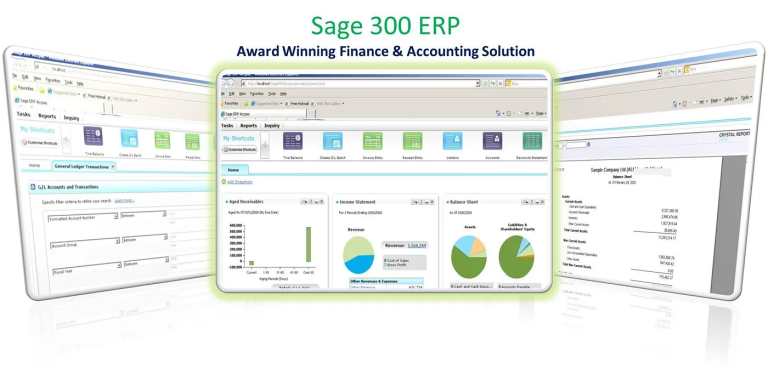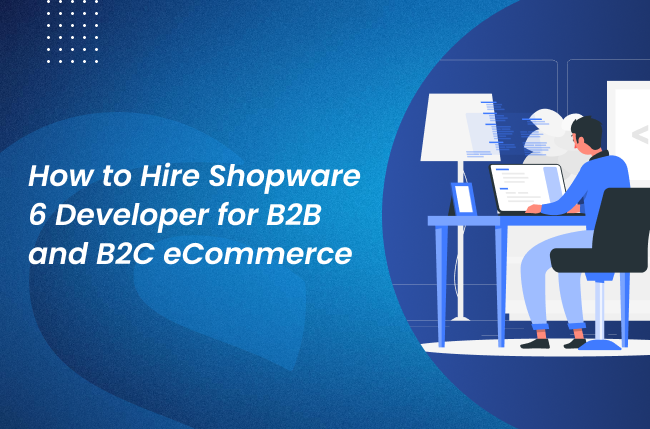Introduction
Sage has established itself as a leading provider of business management software in the DACH region, offering everything from simple accounting tools to comprehensive enterprise resource planning (ERP) systems. Whether you’re a freelancer just starting out or a mid-market company with complex operational needs, Sage’s scalable suite of solutions can grow with your business.
What Does Sage Offer?
- Sage Business Cloud: A suite of cloud tools for small businesses, including accounting, payroll, payments, and time tracking.
- Sage Active with AI: A cloud-native Sage ERP software package for small businesses offering invoicing, order processing, and basic accounting.
- Sage 100: A modular Sage ERP system for SMEs (10–250+ employees), supporting finance, distribution, manufacturing, project management, CRM, and payroll.
- Sage 300: Focused on mid-market businesses, offering multi-currency, multi-company financials and operations.
- Sage X3 (a.k.a. Sage Business Cloud Enterprise Management): A full-featured Sage cloud ERP targeting larger mid-sized companies with finance, supply chain, manufacturing, and production capabilities.
- Sage Intacct: Cloud-based financial management for service-focused and rapidly scaling firms, acquired in 2017. It includes core finance plus modules for subscriptions, multi-entity, project accounting and more.
Why Choose Sage?

- Local Presence & Support: With German headquarters and a network of 1,000+ partners, Sage ERP is deeply integrated into local tax, payroll, and legal regulations.
- Scalable Product Suite: From solo business tools to enterprise-grade ERP, businesses can start small and grow without switching platforms.
- Cloud & AI Innovation: Sage offers AI-automation—especially in Sage Active—and cloud-native deployment across the product range.
- Strong Integration Ecosystem: Supports seamless connections with banks, CRM, e‑commerce platforms, and payroll systems—plus professional hosting partners in Germany.
How Sage Compares to Other Solutions
- Compared to Xero or Exact: Sage provides a broader ERP stack—from basic accounting (Sage Business Cloud) to heavy-duty ERP (X3, 100, 300).
- Exact vs Sage: Both offer localised DACH support, but Exact shines in production and inventory via Exact Online/Globe, while Sage’s strengths lie more in multi-entity finance (Intacct) and modular ERP (100/300/X3).
Pros & Cons of Sage for DACH Businesses
Pros:
- Comprehensive product lineup from accounting to enterprise Sage ERP
- Strong local support and partner ecosystem
- Flexible deployment (cloud or hosted)
- Advanced multi-entity, multi-currency, and production features
Cons:
- Complexity increases with higher-tier solutions
- Costs scale significantly for advanced ERP and add-on modules
- Smaller businesses may find basic tiers sufficient; upgrades require investment
Conclusion
Sage offers a robust, scalable, and localized cloud ERP and accounting suite for the DACH region. Covering everything from simple invoicing solutions for freelancers (Sage Active, Sage Business Cloud), to modular ERPs for SMEs (Sage 100/300), and enterprise-level financial and production management (Sage Intacct, X3).
With its German infrastructure, legal compliance, and partner network, Sage is well-suited for both single-entity and multi-entity businesses. If you’re a growing SMB or mid-market firm in Germany, Austria, or Switzerland seeking a future-proof system, Sage ERP is a compelling option.




